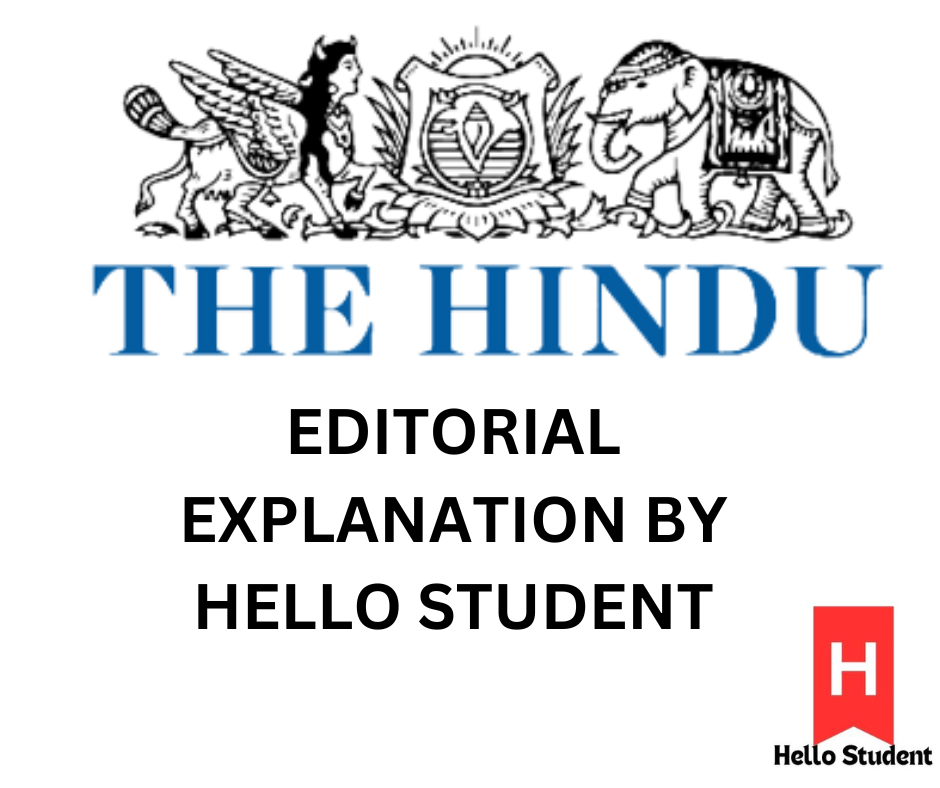Table of Contents
Introduction
The article explains how BRICS, a group of emerging economies (Brazil, Russia, India, China, and South Africa), has grown stronger despite challenges like COVID-19, conflicts between members, and Russia’s issues with the West. Recent summits highlighted BRICS’ resilience, welcoming new members and aiming to create a fairer world system without replacing the current one. BRICS advocates for United Nations reform to give developing nations a larger voice and opposes unilateral sanctions, which it sees as harmful to global stability and human rights.
Article Explanation
In 2023, Russian President Vladimir Putin made a brief online appearance at the BRICS summit held in Johannesburg, South Africa. Even though South Africa granted him diplomatic immunity, meaning he was protected from being arrested on an international warrant related to the Ukraine war, Putin kept his involvement minimal. Despite this, he still managed to have a significant influence over the event, which was largely focused on BRICS activities rather than global conflicts.
BRICS, an organization founded in 2009, initially included only Brazil, Russia, India, and China, with South Africa joining in 2011. Over time, the group encountered several challenges, such as the COVID-19 pandemic, tension between China and India after the 2020 Galwan Valley clash, and Russia’s confrontation with NATO after its invasion of Ukraine. These issues created pressure on BRICS, yet the group continued to survive and expand.
The 2023 summit brought five new countries into BRICS—Saudi Arabia, the United Arab Emirates, Iran, Egypt, and Ethiopia. Putin also revealed that 34 more countries are interested in joining, showing BRICS’ growing influence. However, BRICS isn’t aiming to create a new global power structure. Instead, it wants to reform the existing system to make it fairer for all countries, focusing on cooperation, equality, and consensus among member nations.
BRICS is now more than just a group of emerging economies; it’s a platform for developing countries, representing an alternative to the Global North’s influence. Although there are anti-Western sentiments within the group, many members are focused on maintaining a balanced, non-Western stance. One key issue discussed at the summits was reforming the United Nations to give more influence to countries from Africa, Asia, and Latin America. However, no major changes have been made in this area due to China’s cautious approach.
Additionally, BRICS has criticized unilateral economic sanctions—restrictions imposed by one country on another, often without broad international support. They argue that these sanctions are unfair, often violating international laws, and causing significant harm to people in affected countries.
This article further describes a recent BRICS summit, focusing on three main areas: peace and security, economic and financial cooperation, and people-to-people exchanges, along with expansion efforts.
- Peace and Security: The summit focused on the conflict in West Asia, criticizing Israel’s actions in the region while calling for a ceasefire, the release of hostages, and a Palestinian state. There was less emphasis on the war in Ukraine; BRICS members repeated calls for peace through dialogue and addressing the “root causes” of conflicts.
- Economic and Financial Cooperation: The BRICS countries discussed increasing the use of local currencies in trade to reduce reliance on global currencies. They also decided to continue studying ways to deepen financial cooperation. Although some hoped for Saudi Arabia’s financial support through full membership, this did not happen. Instead, BRICS leaders proposed improving the New Development Bank’s operations.
- People-to-People Exchanges: BRICS aims to strengthen social and cultural connections among its members through activities like sports, cultural exchanges, and business partnerships, which could foster long-term positive relationships.
- Expansion: BRICS approved a plan to expand by inviting 13 new countries from regions like Latin America, Africa, and Southeast Asia as “partner states.” These new partners may push for full membership, which could be discussed in future summits.
India’s Perspective: India sees BRICS as an essential grouping that helps promote a multipolar world and balance relations between global powers. India also values BRICS as a platform to connect with other countries in the Global South. During the summit, Indian Prime Minister Modi met with China’s President Xi, leading to an agreement on border security issues, signalling an improvement in China-India relations. India hopes that the BRICS expansion will increase the group’s global influence and sees BRICS as a bridge between the East-West and North-South regions.
.
.
…join our telegram channel for regular updates of The Hindu Epaper Editorial Explanation-https://t.me/Thehindueditorialexplanation
The Hindu Epaper Editorial Explanation given by Hello Student is only a supplementary reading to the original article to make things easier for the students.
In conclusion, preparing for exams in India can be a daunting task, but with the right strategies and resources, success is within reach. Remember, consistent study habits, effective time management, and a positive mindset are key to overcoming any academic challenge. Utilize the tips and techniques shared in this post to enhance your preparation and boost your confidence. Stay focused, stay motivated, and don’t forget to take care of your well-being. With dedication and perseverance, you can achieve your academic goals and pave the way for a bright future. Good luck!
The Editorial Page of The Hindu is an essential reading for all the students aspiring for UPSC, SSC, PCS, Judiciary etc or any other competitive government exams.
This may also be useful for exams like CUET UG and CUET PG, GATE, GMAT, GRE AND CAT
To read this article in Hindi –https://bhaarat.hellostudent.co.in/
.

